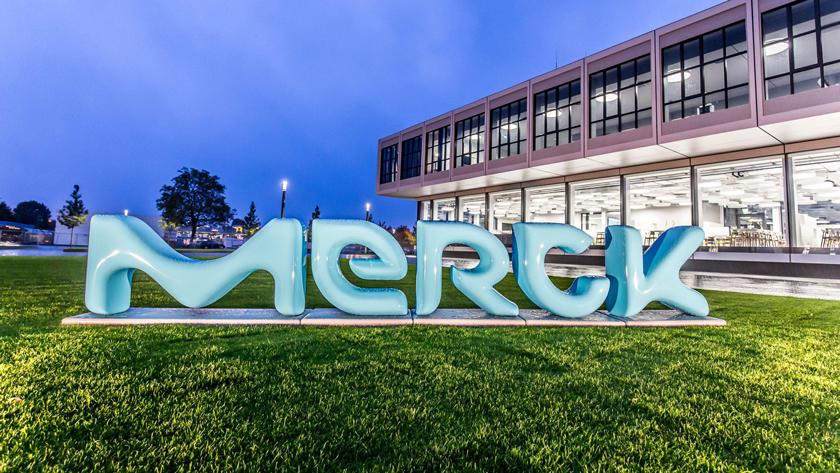Merck puts $1.3bn into AI via Exscientia, BenevolentAI deals

German group Merck has revved up its artificial intelligence-powered drug discovery with partnerships with two UK companies – Exscientia and BenevolentAI – that will focus on finding new small-molecule therapies in oncology, neurology and immunology.
Oxford-based Exscientia is getting an upfront payment of $20 million in a deal focused on three projects, with up to $113 million on offer during the discovery phase and a total deal value of $674 million if all of them meet their objectives.
BenevolentAI, based in London, said it is in line for a “low double-digit million dollar upfront payment” in its agreement – which also starts with three programmes – with discovery, development and commercial milestones taking the potential value of the alliance to a maximum of $594 million.
In both cases, the AI specialists will deliver small-molecule drugs to Merck for further preclinical and clinical development, and there is potential for additional targets to be identified and nominated in future.
Merck has already developed its own in-house AI-based drug discovery engine called Addison, aimed at improving the probability of identifying drug-like molecules against a target and reducing the need to synthesise and screen compounds for activity in the lab.
Addison uses AI-generative methods, virtual screening and tools for hit-to-lead discovery and optimisation, and a separate software platform called SYNTHIA that can predict whether it will be possible to make a compound designed ‘in silico’ through chemical synthesis.
Merck’s decision to layer on sizeable partnerships with two of the top players in AI-powered drug discovery is a marker for AI’s fast-emerging role as a critical component in pharma R&D, answering the demands for increased productivity, reduced costs and development timelines, sustainability and novel treatments.
Merck’s chief medical officer, Danny Bar-Zohar, said the alliances will give the company an “end-to-end” AI platform that will “fast-track the development of new and truly innovative candidates, forging a path to previously unimaginable medical breakthroughs.”
He said that Merck will continue to invest in this area, both internally and externally, suggesting additional collaborations may be on the way.
Exscientia’s CEO, Prof Andrew Hopkins, said the Merck partnership will try to address “some of the hardest drug design challenges in cancer and immunology” while leveraging the German group’s “outstanding scientific acumen” and expertise in oncology and neuroinflammation.
BenvolentAI’s CEO Joanna Shields said meanwhile that she was “excited at the opportunities in our partnership,” adding that her company’s “extensively validated approach of combining AI, molecular biology, medicinal chemistry, and in vivo pharmacology supports the discovery of innovative drug candidates in fewer cycles.”













